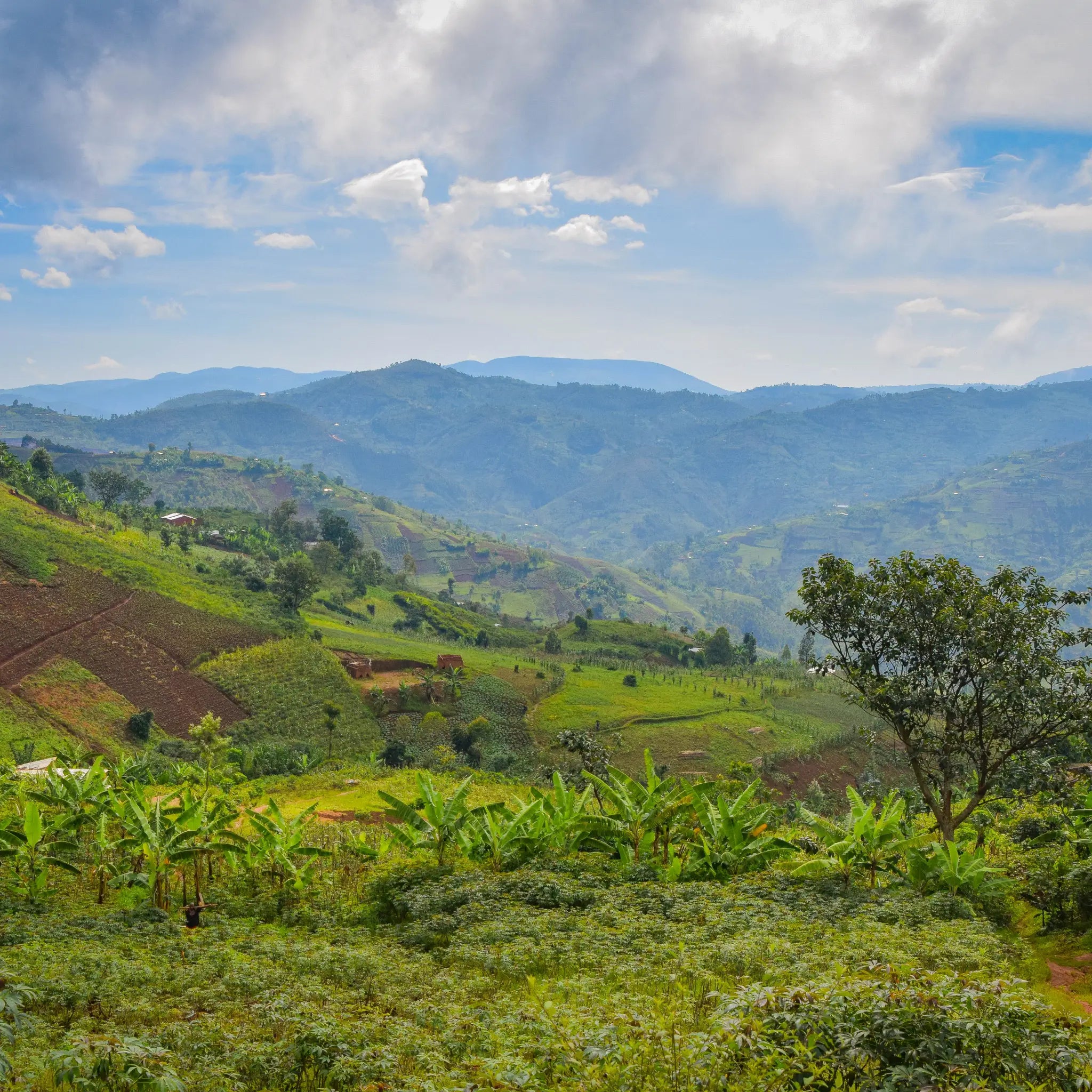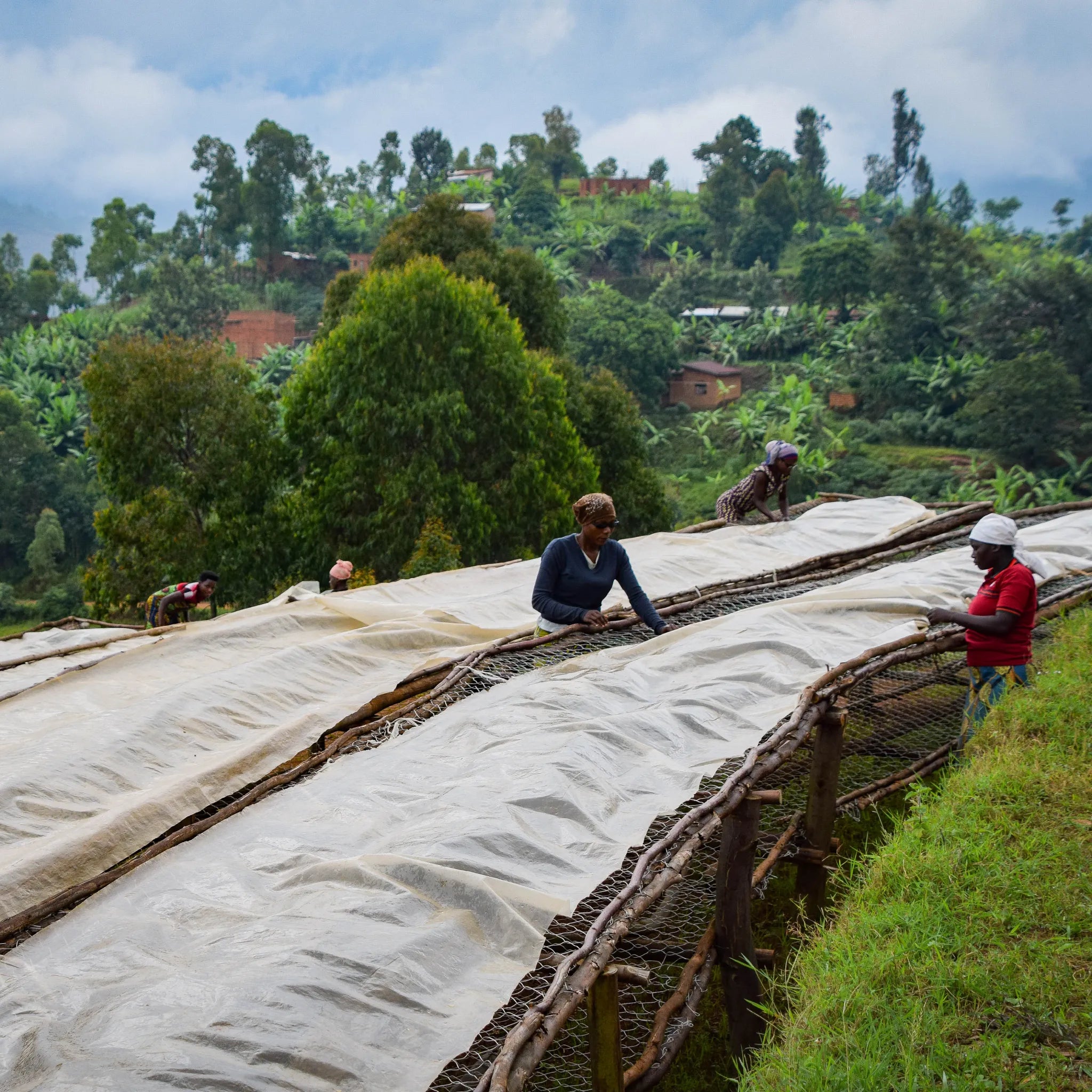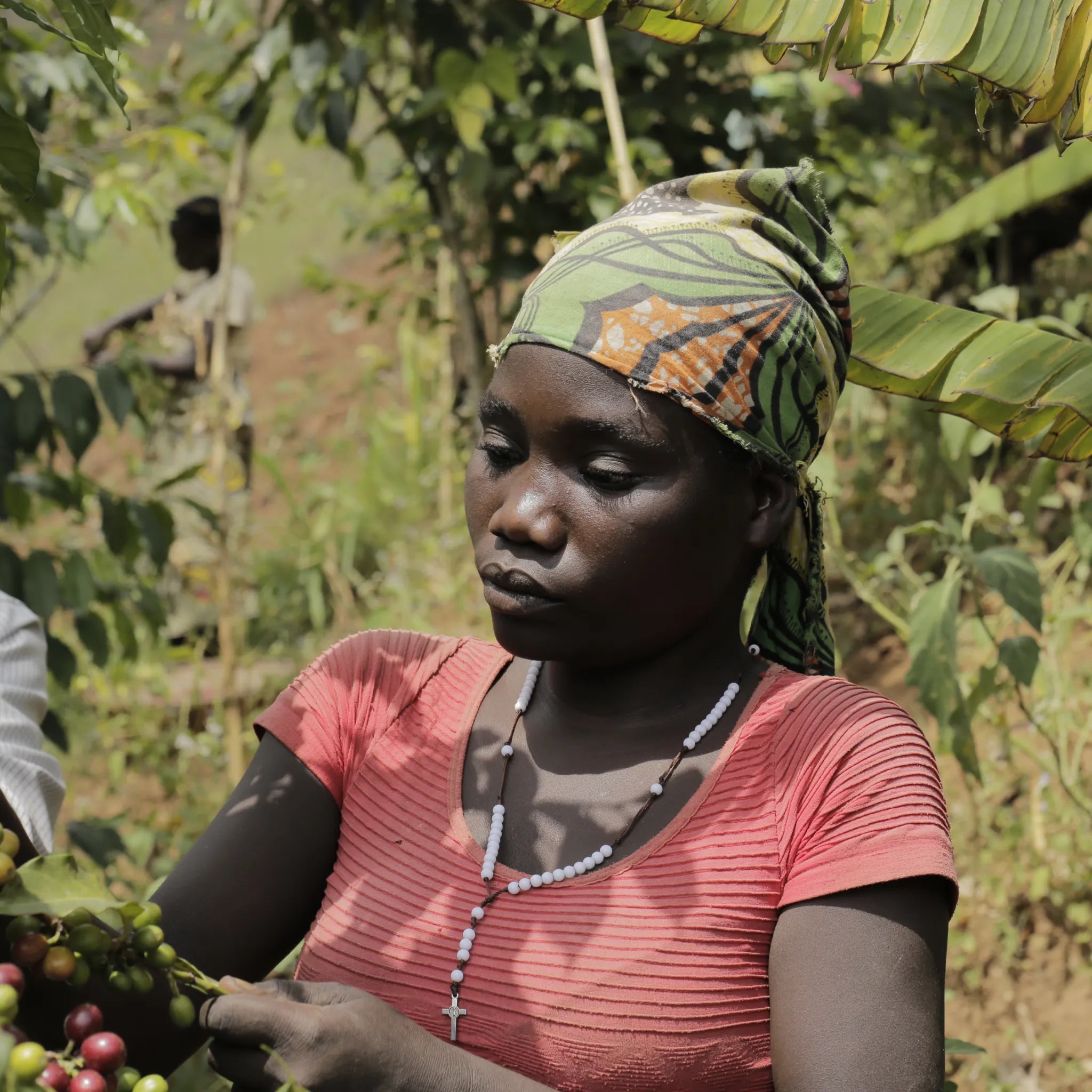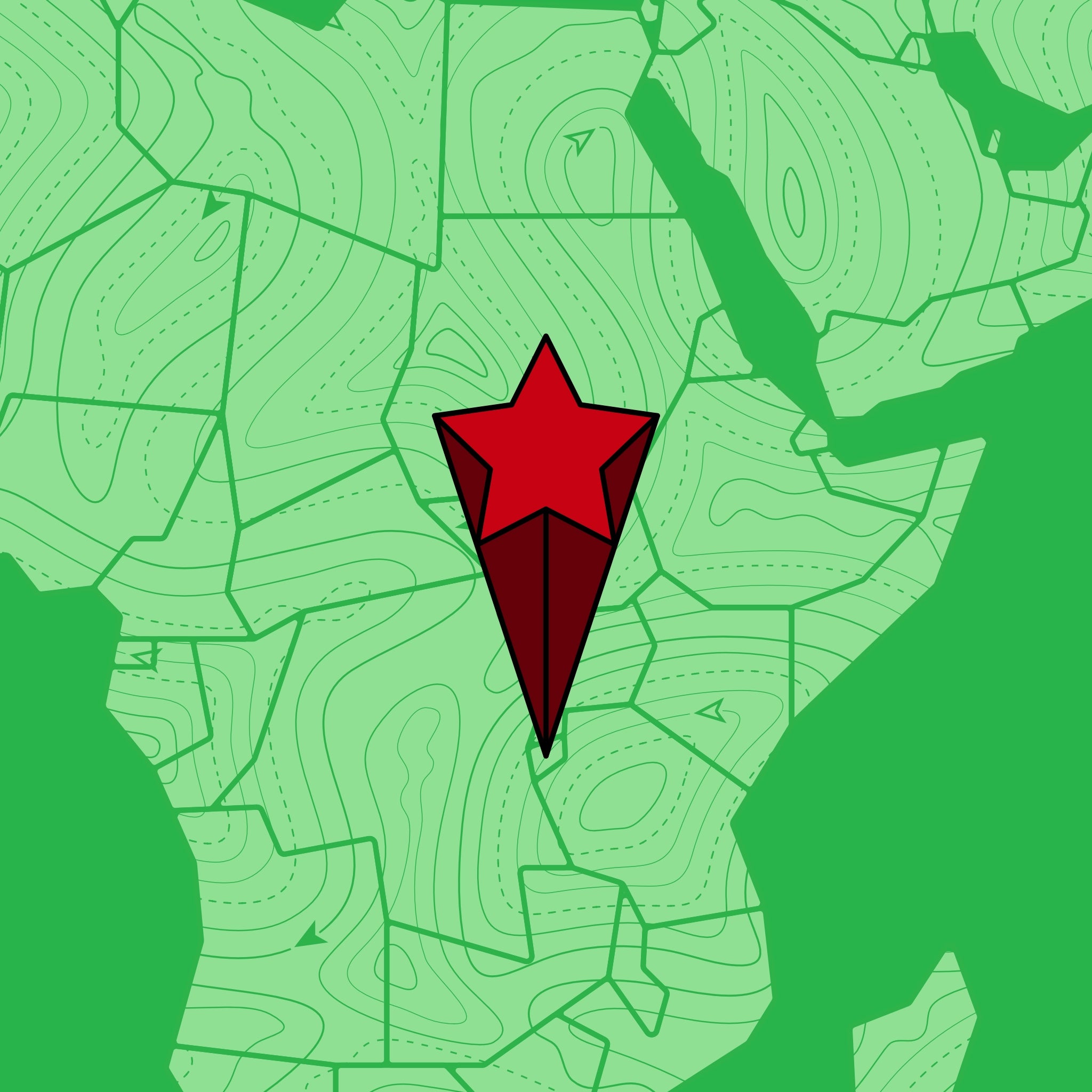





1
/
4
Burundi Murambi Hill
£9.50
Tasting notes

Sugarcane

Orange Blossom

Ruby Grapefruit
Back for Christmas! A delightful coffee from the women coffee farmers of Murambi Hill. This year's offering is super sweet and floral with a pleasant grapefruit acidity.
Select quantity:
Free delivery on all orders over £25
Subscribe and save 10% with a Single Origin Coffee Subscription
- Try a new single origin coffee every month.
- Save 10% on recurring plans.
- Free shipping on all orders.
- No commitment. Pause, swap, skip, or cancel at any time.
Coffee Information
Story
Country Snapshot
Sustainability
Shipping
